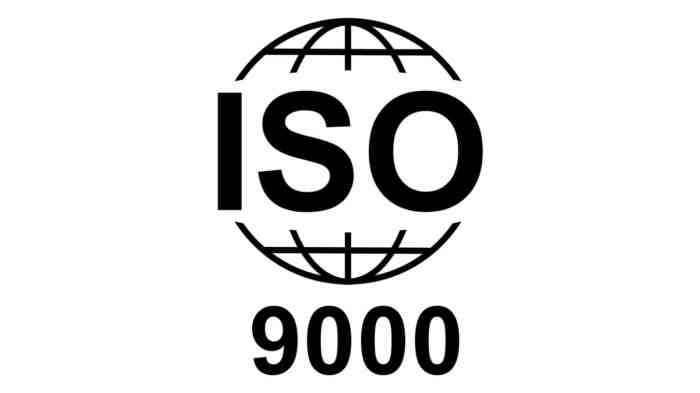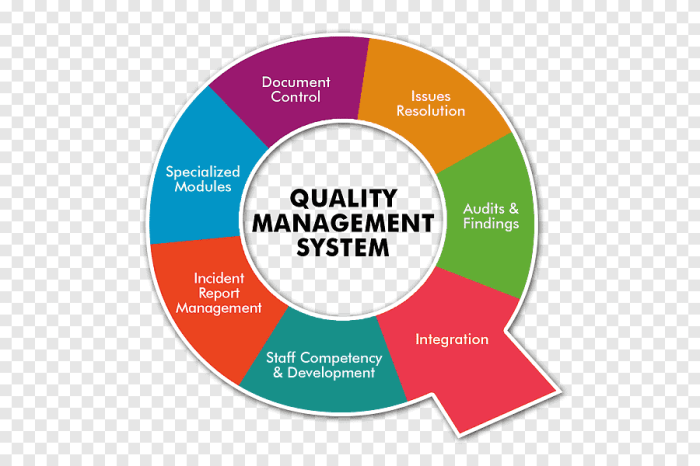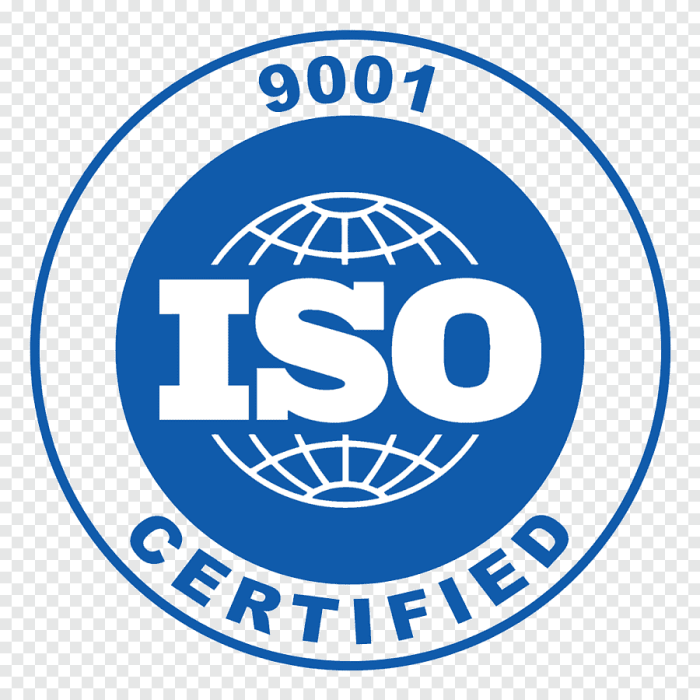ISO 9000 is primarily concerned with environmental management, providing a comprehensive framework for organizations to implement and maintain effective environmental management systems. This international standard sets the foundation for organizations to proactively address environmental concerns, improve their environmental performance, and contribute to sustainable development.
The standard’s principles and requirements guide organizations in establishing environmental policies, objectives, and targets, as well as processes to monitor, measure, and continually improve their environmental performance. By adopting ISO 9000, organizations demonstrate their commitment to environmental stewardship and responsible business practices.
ISO 9000 Overview

ISO 9000 is a set of international standards developed and published by the International Organization for Standardization (ISO) that provide guidelines for quality management systems (QMS). The purpose of ISO 9000 is to help organizations improve the quality of their products and services, increase customer satisfaction, and reduce costs.
ISO 9000 is based on eight quality management principles: customer focus, leadership, engagement of people, process approach, improvement, evidence-based decision making, relationship management, and risk management. These principles provide a framework for organizations to implement and maintain a QMS that meets the requirements of ISO 9001, the most widely used standard in the ISO 9000 series.
Environmental Management in ISO 9000

While ISO 9000 is primarily concerned with quality management, it also includes requirements for environmental management. ISO 9001, for example, requires organizations to establish and maintain an environmental management system (EMS) that meets the requirements of ISO 14001, the international standard for environmental management systems.
An EMS helps organizations identify, manage, and reduce their environmental impacts. It also helps organizations comply with environmental regulations and improve their environmental performance.
ISO 14001 vs. ISO 9000, Iso 9000 is primarily concerned with environmental management
ISO 14001 is a more comprehensive standard than ISO 9001, and it focuses specifically on environmental management. ISO 9001, on the other hand, is a more general standard that can be applied to any type of organization, regardless of its industry or size.
Organizations that are certified to both ISO 9001 and ISO 14001 can benefit from a number of advantages, including improved environmental performance, reduced costs, and increased customer satisfaction.
Case Studies and Examples

There are many examples of organizations that have successfully implemented ISO 9000 with a focus on environmental management. One example is the Ford Motor Company, which has used ISO 9000 to improve the environmental performance of its manufacturing operations.
Ford has implemented a number of initiatives to reduce its environmental impact, including reducing energy consumption, reducing waste, and using recycled materials. These initiatives have helped Ford to save money and improve its environmental performance.
Future Trends and Developments: Iso 9000 Is Primarily Concerned With Environmental Management

ISO 9000 is constantly evolving to meet the changing needs of organizations. The latest version of ISO 9001, which was published in 2015, includes a number of new requirements related to environmental management.
These new requirements are designed to help organizations improve their environmental performance and reduce their environmental impacts. They also reflect the growing importance of environmental sustainability in the global marketplace.
Question & Answer Hub
What is the scope of ISO 9000?
ISO 9000 provides a framework for quality management systems that can be applied to any organization, regardless of its size, industry, or location.
How does ISO 9000 address environmental concerns?
ISO 9000 includes requirements for organizations to establish environmental policies, objectives, and targets, as well as processes to monitor, measure, and continually improve their environmental performance.
What are the benefits of implementing ISO 9000?
Implementing ISO 9000 can help organizations improve their environmental performance, reduce their environmental impact, and demonstrate their commitment to sustainability.